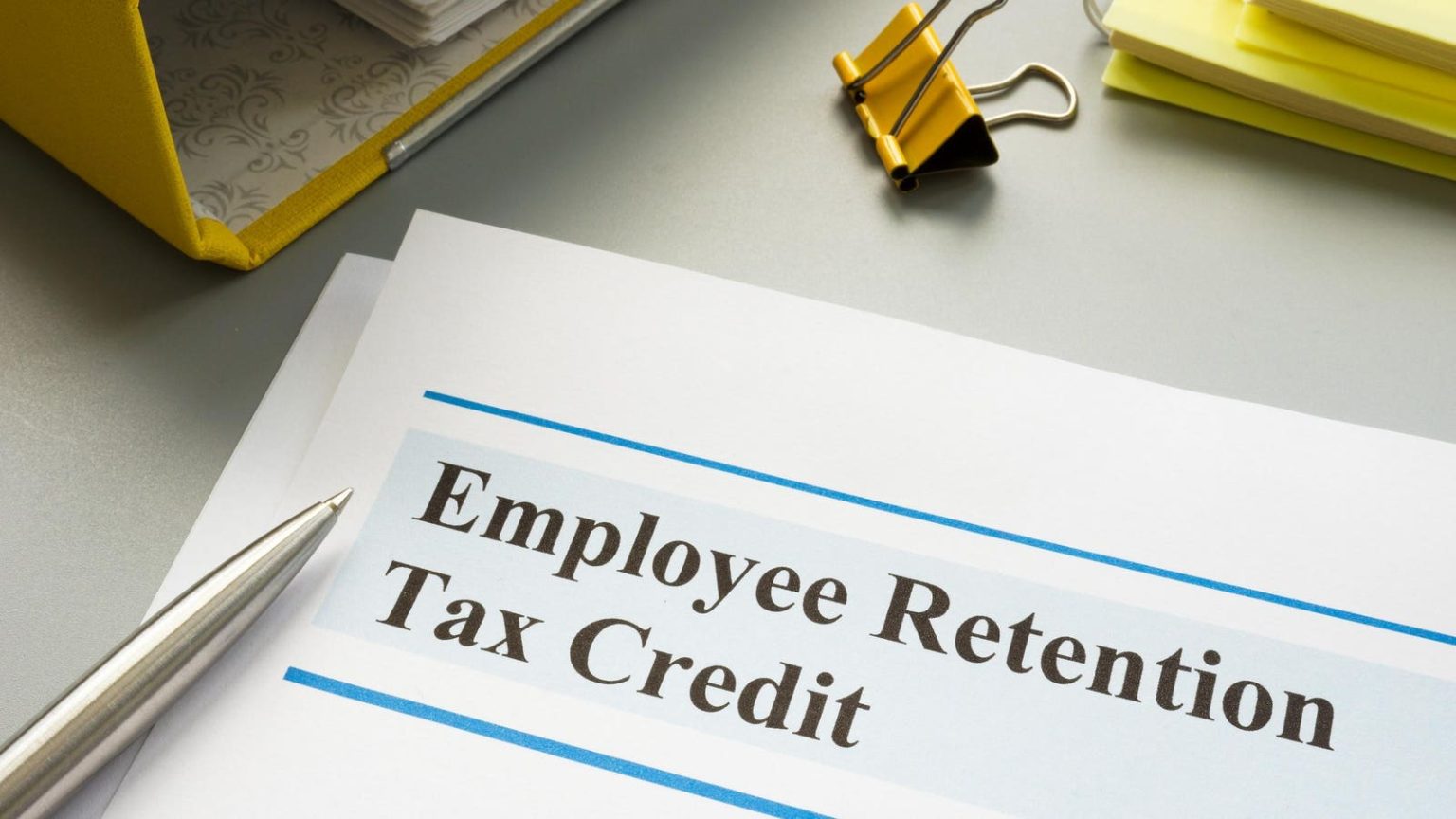In a recent article published on Forbes.com, it was estimated that there are approximately 1.5 million Employee Retention Credit (ERC) refund claims pending at the IRS. While efforts are being made to expedite the processing of these claims, most small businesses are expected to face delays before receiving their refunds. The IRS has taken steps to address the backlog of claims, including analyzing data from paper claims and assessing eligibility risks associated with the claims.
A recent lawsuit filed against the IRS by Stenson Tamaddon, LLC, challenged the agency to resume processing new refund claims under the ERC. In response, Doug O’Donnell, the Deputy Commissioner of the IRS, provided a declaration detailing the legislative history of the ERC and the IRS’s efforts to process refund claims. O’Donnell’s declaration indicated that the IRS had identified a significant number of claims with an unacceptable level of risk, which required further analysis before processing.
The IRS has announced a plan for processing ERC refund claims, prioritizing those with the highest risk of ineligibility for review first. Claims with low risk of ineligibility will also be processed on a first-in, first-out basis, with the expectation of payments going out later in the summer. The IRS has emphasized the need for increased scrutiny in processing claims to ensure compliance and prevent improper payments.
Taxpayers who are unable to wait for the IRS to process their refund claims have the option to file a refund suit to accelerate the process. Before filing a refund suit, taxpayers must first file a claim for refund with the IRS and wait six months from the date of filing before initiating legal action. The lawsuit can be filed in federal district court or the United States Court of Federal Claims, with the assistance of a tax lawyer experienced in refund litigation.
Costs associated with filing a refund suit can vary, depending on the complexity of the case and the government’s response. Taxpayers can potentially recover attorney fees and costs if they prevail in the lawsuit, subject to certain limitations based on net worth and the government’s position. Litigation is unpredictable and expensive, so taxpayers should carefully consider their options before pursuing legal action. Tom Cullinan, a shareholder at Chamberlain Hrdlicka with experience as Counselor to the IRS Commissioner, provided insights on the legal process for filing a refund suit.












